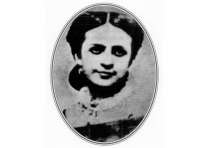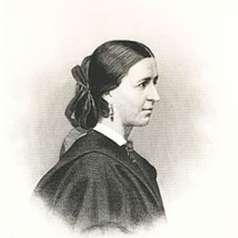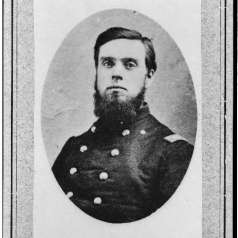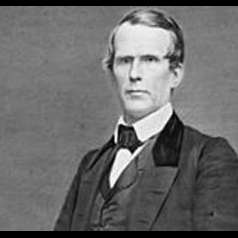
Frances “Fanny” Courtney was one of many eyewitnesses to the Battle of Franklin. As Federal troops poured into the town on November 30, 1864 hoping to outrun Confederate Gen. John Bell Hood to Nashville, Courtney noted the pervasive concern: “We felt great uneasiness of mind, fearing that there would be a great battle. We asked of almost everyone passing if that would be the case. They replied, ‘We will only skirmish with the rebels till we get our wagon trains away….” This assessment could not have been more wrong. That evening, 18,000 Confederate soldiers engaged the 20,000 Federal troops entrenched in Franklin in a five-hour fight, and the result was devastating. Courtney couldn’t sleep and, compelled by a sense of duty, she began the seemingly unending task of caring for the wounded. As she gathered with friends and family members the next day, they were interrupted by a knock at the door. Standing in front of her was her brother and a cousin, who had just arrived from the battlefield. “Words are inadequate to express my happiness,” she wrote. “They had been in the rebel army over three years. We had not seen them for two years.” Her brother stayed for only a day, returning to his command near Murfreesboro. “We saw him no more,” she sadly concluded. In the aftermath of the battle, Courtney submitted to the U. S. Sanitary Commission in Nashville, Tennessee, a report on the conditions of “the hospitals and the wounded during the stay of the Rebels, a period of seventeen days, after the Battle.” Forty-four hospitals were established in those days following the battle, three for Federal wounded. Fanny and her mother took charge of the makeshift hospital at the Presbyterian Church and cared for roughly 120 wounded Federal troops there. “We first furnished them with bread, meat and tea, and coffee, every little luxury we could prepare, for several days,” she writes. “Then they drew scanty rations from the Rebels, flour the color of ashes and a little poor beef not suitable for well men, much less for wounded.”
Tools
Key Facts
- Eyewitness to the Battle of Franklin, began caring for the wounded
- Brother fought in Confederate army, died in service
- Took charge of a hospital and cared for Federal troops
- Submitted report on conditions to U.S. Sanitary Commission







